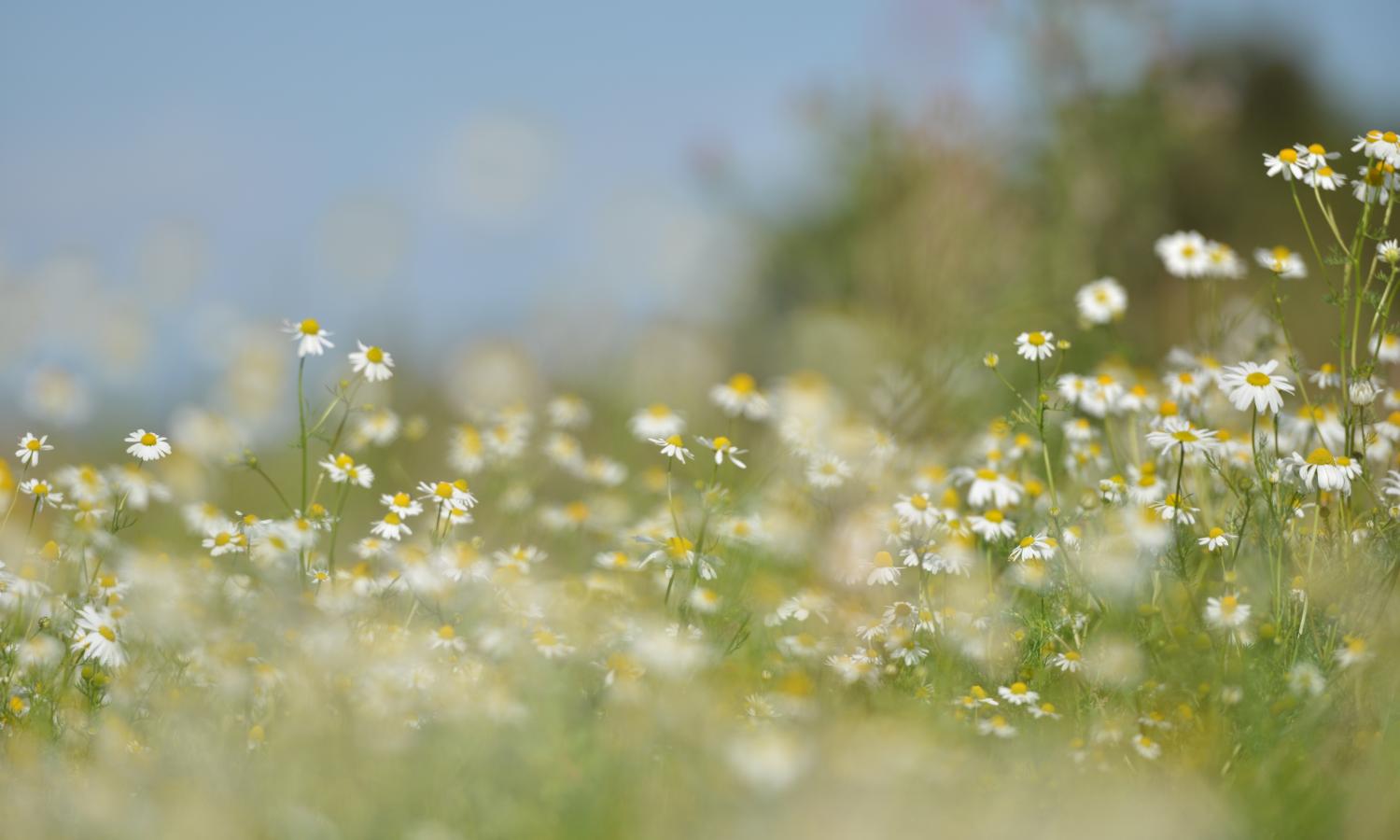Hundreds of flowers have been planted across Buckinghamshire and Oxfordshire to stop the decline of a nationally scarce moth, wildlife charity Butterfly Conservation (BC) revealed.
BC’s Upper Thames Branch were concerned about falling numbers of Striped Lychnis - an elusive, night-flying moth that was once abundant in this part of the country.
 The gradual disappearance of its foodplant – Dark Mullein – is thought to have been a key factor in their decline, so earlier this year people were asked to grow the flower in their gardens and a local school took thousands of seeds for schoolchildren to plant.
The gradual disappearance of its foodplant – Dark Mullein – is thought to have been a key factor in their decline, so earlier this year people were asked to grow the flower in their gardens and a local school took thousands of seeds for schoolchildren to plant.
The Branch was inundated with support and more than a million seeds were handed out to people across the two counties by BC member, Tony Gillie.
Tony said: “Some people who took seeds and grew them over the summer have now handed them back for us to plant on our Holtspur Bottom Reserve, which sits between High Wycombe and Beaconsfield. Because of this we hope to have planted around a thousand extra plants on the reserve by the end of the year, which is just fantastic.”
Holtspur School have also planted more than a hundred flowers in their own school grounds and Lindengate - a mental health charity in Buckinghamshire which grows plants as a form of therapy for its patients - has produced at least another hundred for the project.
Chairman of BC’s Upper Thames Branch, Nick Bowles, said: “We were absolutely astounded at the demand Tony’s appeal for help unleashed and we are grateful to everyone who has supported us by growing these plants.
“Encouraging people to plant Dark Mullein could really help increase the numbers of this rare moth. It is a harmless pollinator and it would be terribly sad to see it disappear completely. Next year we hope to see a large increase in the number of Striped Lychnis caterpillars munching on these plants and we will be monitoring the numbers of moths seen in the area.”
 The wings of the Striped Lychnis are decorated with a series of light and dark brown stripes - the perfect camouflage for resting on branches or against tree trunks. The moth’s caterpillar is striking, boasting a series of black and yellow splodges against a pale, greenish-yellow body.
The wings of the Striped Lychnis are decorated with a series of light and dark brown stripes - the perfect camouflage for resting on branches or against tree trunks. The moth’s caterpillar is striking, boasting a series of black and yellow splodges against a pale, greenish-yellow body.
The caterpillar feeds almost exclusively on Dark Mullein, which has silvery-green leaves and bright yellow flowers and blooms from June until September. The plant is not poisonous, has no thorns and is also a good nectar source for a wide range of other insects, including bees. Dark Mullein used to be a common sight on countryside road verges and field margins, but changes in land management has seen large numbers disappear.
If anyone has any Dark Mullein plants grown from seed, you are being invited to replant them at the Holtspur Reserve on SUNDAY 8 November. Other activities will be taking place too and all volunteers are welcome.

